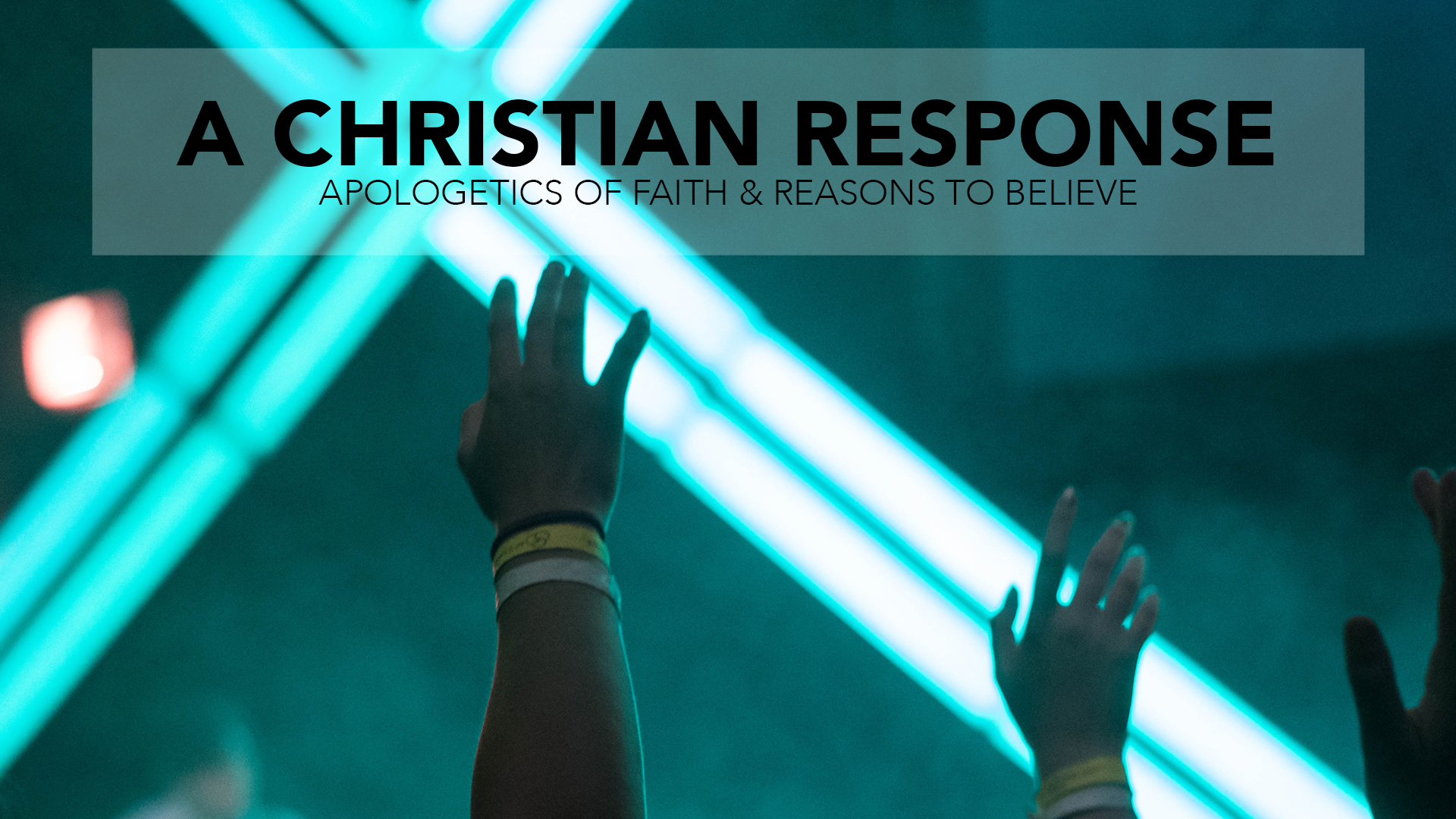Part three in a four-part series. Read Part 1 here. Read Part 2 here.
Here is a question most people ask at some point in their life: “How could a good God allow evil?”
There have been more books written on this topic that can be named and there is much thorough thought on the subject. Read Eleonore Stump’s Wander in Darkness: Narrative and the Problem of Suffering, Richard Swinburne’s Providence and the Problem of Evil, C.S. Lewis’ Problem of Pain, and A Grief Observed or Vince Vitale’s Why Suffering.
Sound arguments have been put forth such as the greater good theodicy, the soul-making theodicy, the free will theodicy, and the redemptive promise theodicy (to name just a few).
The greater good theodicy argues that evil is necessary in order for certain goods to exist. For example, you would never know the good of forgiveness if no one ever sinned against you, you would never persevere if there was nothing to endure, and you would never be compassionate if no one was suffering.
The free-will theodicy postulates that if man is to be truly free to love the Lord and pursue the good, then he must be free to reject the Lord and pursue the evil. The idea is that man has fallen and the world has fallen with him. In such a state, we commit moral evils against each other and the fallen world brings natural evils upon us. The
The soul-making theodicy holds that evil has an instrumental value in making man gone awry capable of a proper relationship with God. Suffering is like a scalpel in the hands of a surgeon. It brings pain, but it is a pain that is for our ultimate good.
The redemptive promise theodicy points to the cross. Just as the evil of the crucifixion was redeemed in the resurrection, so there will be a day when the Lord works backward to redeem all evils. As with the cross, the Lord works, not just despite evil, but through it. As finite beings, we do not have access to all the ways of an infinite God and we do not always know the “why” behind the evils of each particular circumstance. But, in the midst of our
As finite beings, we do not have access to all the ways of an infinite God and we do not always know the “why” behind the evils of each particular circumstance. But, in the midst of our pain, we can trust that the Lord is good and know that he will enter with us into our suffering and redeem it. These are just a few theodicies among many and there are many variations and subcategories within each. I would encourage you to explore them and determine which (or which combination of them) you find most compelling.
I find compelling a theodicy that builds off Disney’s Frozen and Robert Adams “Must God Create the Best?” For those who have seen Frozen, do you remember the scene when Olaf the snowman sings “In Summer”? Olaf sings about tanning on the beach, dancing in a summer breeze, and doing what every frozen thing does in summer. He says, “Sometimes I like to close my eyes and imagine what it’ll be like when summer does come…put me in summer and I’ll be a happy snowman!” We laugh at the song because we know that Olaf the snowman wouldn’t exist in a world that was summer. He would be Olaf the puddle. Essentially Olaf is wishing for a world in which he couldn’t exist. As much as he hates winter, it is the only world in which a being like him can have being. To wish for things to be different is to wish to not exist. We are like Olaf. We imagine ourselves prancing through a world without evil and forget that we could not exist in such a world. True, a counterpart of us could exist (such as Olaf’s puddle) but that counterpart would not be us. When we ask for God to create the world differently we ask to not exist. So why did God create a world with evil? It is by his grace. By grace, the Lord has deemed you and me and all of humanity worth creating and He gives us the gift of existence. Out of his grace, God permits the existence of a less than the best possible world in order to give undeserved love to creatures who would not exist in the best possible world he could create.
Now, with Olaf in your mind, go do your own research. Read books, listen to lectures, talk with wise people, and, of course, watch the movie Frozen.

This series was written by Ariel Dempsey, who is currently pursuing her Masters of Science & Religion at Oxford University. She has also a degree in medicine and studied apologetics at Oxford.
© 2017, Never The Same

